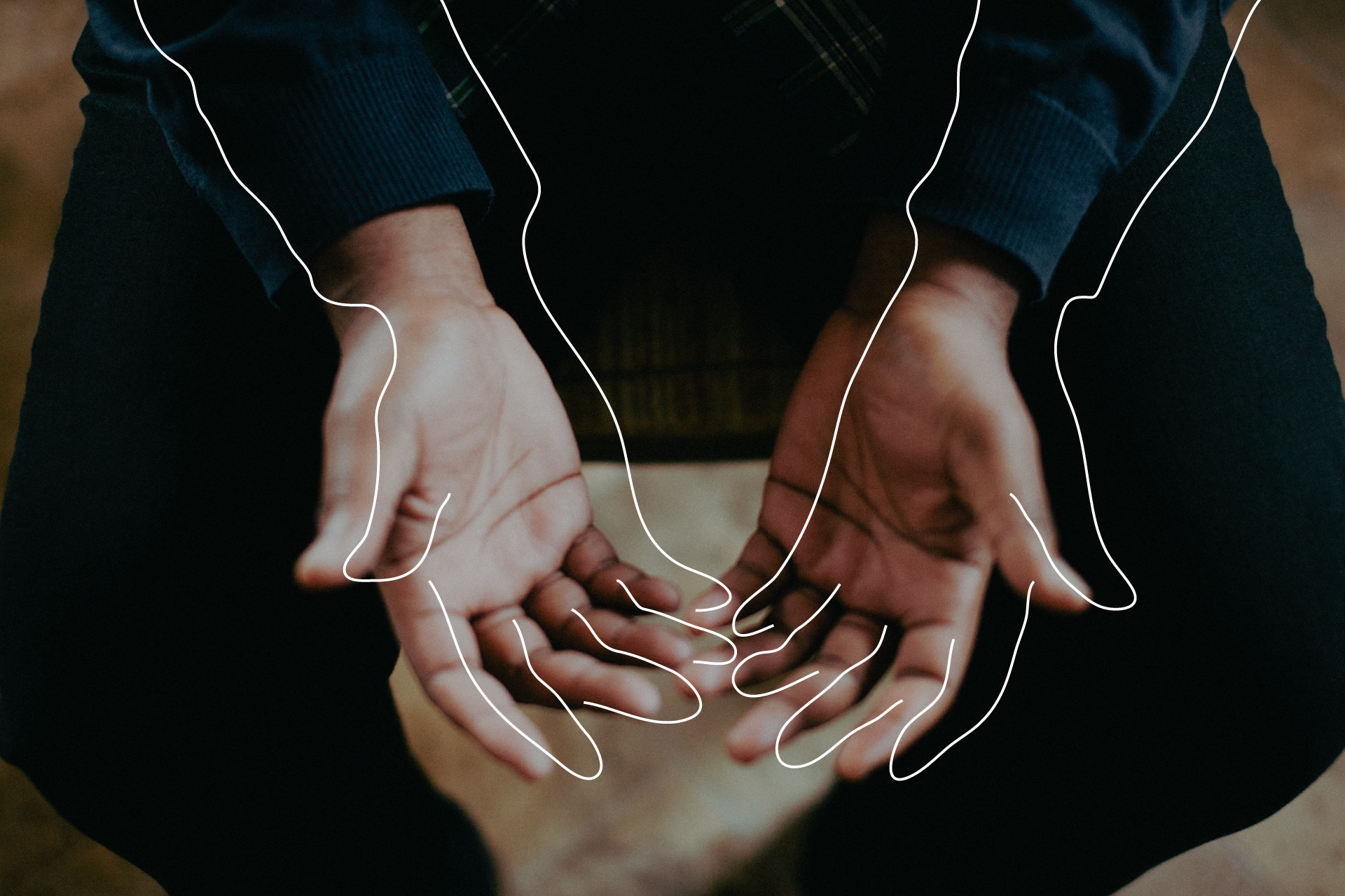
About Health Justice
Health Justice is a non-profit, charitable organization that uses research, education, and advocacy to transform the systems that shape mental health and substance use treatment in BC. We work to shift the laws, policies, power dynamics, and norms that lead to the growing reliance on involuntary mental health and substance use treatment in BC. We focus on colonial systems but acknowledge that many First Nations, Métis, and Inuit people have their own unique ancestral legal orders, justice systems, well-established health practices, concepts of health and traditional healers.
BC’s primary law allowing involuntary treatment is unique in the world in its failure to respect human rights. The powers under BC’s Mental Health Act are some of the most serious state powers authorized in Canadian law – powers to detain, to administer injections and electroconvulsive therapy without consent, to “discipline” patients in any way, to mechanically restrain, to confine alone in a seclusion room. The systems current form comes from a long history of colonization, racism, ableism, misogyny, queerphobia, and much more, that led to institutionalizing people who do not conform with social norms. There have also been countless reports and recommendations documenting the problems with the current system and calling for change.
“To treat someone who’s at their most vulnerable and ill in such a harsh way is so much worse than the illness itself.”
— Lived Experience Expert
Our ability to decide what happens to our own bodies, including consenting to or refusing health care, is one of our most fundamental human rights. Involuntary treatment occurs when the right to make your own healthcare treatment decisions is taken away or constrained. Increasingly, involuntary treatment authorized by provincial law is held up as a solution to highly politicized issues related to mental health, substance use, and homelessness in communities. This increased reliance entrenches discriminatory stereotypes and undermines the importance of human rights safeguards.
Through research, education, and advocacy, Health Justice is focused on transforming BC’s mental health and substance use system so that:
Every person, regardless of their identity, can access dignified and effective health care that respects their human rights.
Self-determination is recognized as essential on the path to wellness and every person has access to the supports they need to exercise it.
Involuntary treatment is imposed only as a last resort, with strong safeguards and transparency, and everyone experiencing it has the support they need to ensure their voice is heard.
How we do this work in an intentional way
“Peer input is really valued and incorporated, and I think everyone senses that. I’m really impressed at the level at which the organization has involved peers. The organization aligns with my beliefs and values.”
— Lived Experience Expert
We know that the health system and non-profit organizations can co-opt peer or lived experience engagement so we try to be transparent about our processes for accountability to the community and we believe that how we do our work is as important as what we do.
“I feel a sense of pride in the work we’re doing. It’s given me a sense of belonging that I didn’t have before, because it’s such a stigmatized thing to be placed as an inpatient and spend time in the psychiatric ward, it’s not something that’s a readily available topic to bring up with people.”
— Lived Experience Expert
Health Justice’s core values include centering the communities most impacted by involuntary treatment in our work:
We use a community-based governance model, which means leadership for our work is shared between our board of directors, the Indigenous Leadership Group, and the Lived Experience Experts Group.
We have people with lived and living experience of involuntary treatment on our staff team and all three governance groups to ensure it shapes every aspect of our work.
We regularly hold engagements to hear the perspectives of people with lived and living experience of involuntary treatment, family members or supporters of people with lived or living experience of involuntary treatment, community service organizations, and health care providers.
All of this also ensures that our work includes a diversity of perspectives, opinions, and experiences in a meaningful way.
FAQs
-
Health Justice does not advocate for or against the abolishment of all involuntary treatment. This is because the communities we engage and who are centred in our work have diverse perspectives on this issue and diverse experiences with involuntary treatment. Some individuals we work with may identify as abolitionists, some feel involuntary treatment can be necessary, and everything in between. But in their roles at Health Justice, they do not seek to direct our work toward goals of either supporting or abolishing involuntary treatment. We believe that if the community is centred in our work, we cannot pick and choose which opinions and views inform our work.
We have heard clearly from community that there are many different paths to well-being or recovery for people who use mental health and substance use-related health services. There are also a range of different ways to promote dignity and reduce the potential harm of involuntary treatment when/if it happens.
-
Health Justice advocates for laws, policies, and systems to promote trauma-informed, culturally safe health care services that respect human rights and dignity. We believe the starting point for that work is that involuntary treatment should be used as an absolute last resort – that means that voluntary, community-based services are prioritized, monitored, and evaluated to ensure they meet community needs, and that there are strict safeguards and transparency related to any use of involuntary treatment.
-
No. Health Justice believes that there are many different paths to well-being or recovery for people who use mental health and substance use-related health services. We believe people should have access to all the services, supports, and treatments that may benefit them and be able to choose what best aligns with their wishes and values. This includes access to specialized healthcare providers, medication, counseling, peer support, culturally-based health practices/traditional medicines, opportunities for inclusion and community, and many other forms of support.
-
Health Justice does not provide any services or direct help to individuals experiencing involuntary treatment. We know this can be incredibly frustrating given the lack of accessible legal and support services available to people, but we do not have funding or capacity to provide direct help.
-
No. Health Justice’s focus is on systemic change that will:
Reduce BC’s reliance on involuntary treatment and ensure it is used only as an absolute last resort, as is the law in many places in the world (but not BC);
Ensure that if/when involuntary treatment is used, it maximizes self-determination and dignity for the person experiencing it, including incorporating their perspectives and values whenever possible; and
Recognize that involuntary treatment is an extraordinary power to hold over a person, and that power should come with transparency, accountability, and independent oversight to ensure it is not abused or used in unfair ways.
-
We have some practicing lawyers on staff, but most of our staff are not lawyers. Health Justice’s structure is intentionally built to incorporate many forms of knowledge and expertise. This means that we currently have people on our staff team and governance groups who bring direct lived experience of involuntary treatment, Indigenous cultural expertise, experience as a family member or supporter of people with lived experience, clinical experience providing acute, tertiary and community mental health and substance use treatment, academic expertise, legal and human rights knowledge, policy research experience, rural/remote community experience, and many other perspectives or forms of knowledge. All of these perspectives are incorporated into our work.
-
No. We engage with healthcare providers and the vast majority of them report going into mental health and substance use care to help people. We also hear from them that many healthcare providers experience incredible moral distress while working in BC’s current mental health and substance use system. We resist the common approach of pitting workers against service users, because that is not the reality of what we hear from people we engage with.
The vast majority of Health Justice’s work focuses on the systemic causes for the overuse and current state of involuntary treatment in BC. While training and accountability of healthcare providers is important, it is also not fair to expect that individual healthcare providers hold the sole responsibility for upholding the human rights of the people experiencing involuntary treatment. We know they are often juggling many demands, there may be staffing shortages, and people are often doing the best they can. Instead of focusing on solely the role of individual workers, we advocate for a system, with laws, policies, and a culture that respects human rights. We strongly believe that a transformed system that better supports people accessing services can also better support service providers.
-
Yes. We have people who are family members or supporters of people with lived experience of involuntary treatment represented on our staff team and governance groups. We also do specialized family/supporter engagement to inform our work. This has included focus groups, an advisory process, and individual interviews. We often work with specialized experts in family member engagement to carry out this work.
There is a common misconception that people with lived and living experience are often in conflict with their family about involuntary treatment. There is also a common misconception that all family members are supportive of involuntary treatment. However, when we talk to family members, we hear much more complex and nuanced views. Most family members want the very best for their loved one. We are careful though, to not center what we hear from family members over what we hear from people with lived and living experience.
Our Funders
Health Justice is funded by grants and donations. We are grateful for multi-year financial support from:
Law Foundation of BC
Vancouver Foundation
Conconi Family Foundation
IRAS (Independent Rights Advice Service)
In addition, we are incredibly grateful for every person or organization who supports our work.

